© Abramson Math, 2022
“Can’t solve the problem? Make it one step easier!”
Danila Gursky tells about his studies with Yakov Abramson:
“I had been at the “Intellectual” school since the first grade. I am thirteen now and in the seventh grade. I have been studying math only with Yakov Abramson. So I had nothing to compare it with. But for some time now, I have been living in Turkey, and I went to school here. And math here… How should I put it… For example, today, we started with positive and negative numbers. Do you understand?! We studied that in primary school with Yakov Abramson.
I looked through the Russian geometry and algebra textbooks for the seventh grade — everything there was also very easy for me. Although in our group at “Intellectual” it was very hard for me to keep pace with the others.
I also have significant issues with my backbone, so to say, with self-organization. In the classroom, it is fine, but homework has always been hard for me. I have to make myself sit down and do it.
I looked through the Russian geometry and algebra textbooks for the seventh grade — everything there was also very easy for me. Although in our group at “Intellectual” it was very hard for me to keep pace with the others.
I also have significant issues with my backbone, so to say, with self-organization. In the classroom, it is fine, but homework has always been hard for me. I have to make myself sit down and do it.

But in the classroom, it was so interesting. Math was rather hard for me, but I liked it. I knew that I did not have any other options — only to stay on this track. I could have transferred to another one, and probably it would be easier for me there, but also so boring… I would not learn anything new there, and it would be no use to expect me to be successful.
Yakov Abramson always explained everything. He found it strange when rarely, even after his thorough explanations, someone would still fail to understand something. He always asked: “Does anybody have a question? Do not be afraid to ask!” I saw that he really wanted us to understand, not to be quiet, to share our doubts, to ask all the questions in the classroom and solve them there.
If Yakov Abramson saw that some topic was particularly hard for a student, for me, for example, he would ask after an explanation: “Danila, did you understand that?” And if I failed to understand, he would explain it to me one more time. He was very patient, and he always found time in class to give an additional explanation. The same was with the homework! If somebody failed to do something, we looked at it in the classroom and discussed how to solve it correctly.
I cannot compare Yakov Abramson’s method with standard school math, but I can compare the way he taught us with other teachers. He was very kind and funny, and he used to tell us this joke:
— A man is praying to God to please let him win the lottery. He keeps praying for many years, and finally, angels say to god: “Why don’t you let him win” God answers: “Why doesn’t he go buy a ticket first?!”
Yakov Abramson encouraged us to try and solve the problems in any way possible because if you want something to happen, you need to make at least a small step to try a little bit. And this is true not only for math!
If Yakov Abramson saw that some topic was particularly hard for a student, for me, for example, he would ask after an explanation: “Danila, did you understand that?” And if I failed to understand, he would explain it to me one more time. He was very patient, and he always found time in class to give an additional explanation. The same was with the homework! If somebody failed to do something, we looked at it in the classroom and discussed how to solve it correctly.
I cannot compare Yakov Abramson’s method with standard school math, but I can compare the way he taught us with other teachers. He was very kind and funny, and he used to tell us this joke:
— A man is praying to God to please let him win the lottery. He keeps praying for many years, and finally, angels say to god: “Why don’t you let him win” God answers: “Why doesn’t he go buy a ticket first?!”
Yakov Abramson encouraged us to try and solve the problems in any way possible because if you want something to happen, you need to make at least a small step to try a little bit. And this is true not only for math!
Yakov Abramson’s lessons also taught me that it was OK to fail to understand a complicated topic and ask for help. You should not be afraid to ask! And one more thing — if you can’t solve the problem, make it one step easier, solve that version instead, and only then begin with the harder problem. This simpler version will be useful as proof for the harder one. This is a good approach!
I don’t really know yet who I want to be when I grow up. I think that any job will do if it is interesting and well-paid. But I think that mathematics will be a basis for my everyday work. After all, mathematics develops the brain!”



